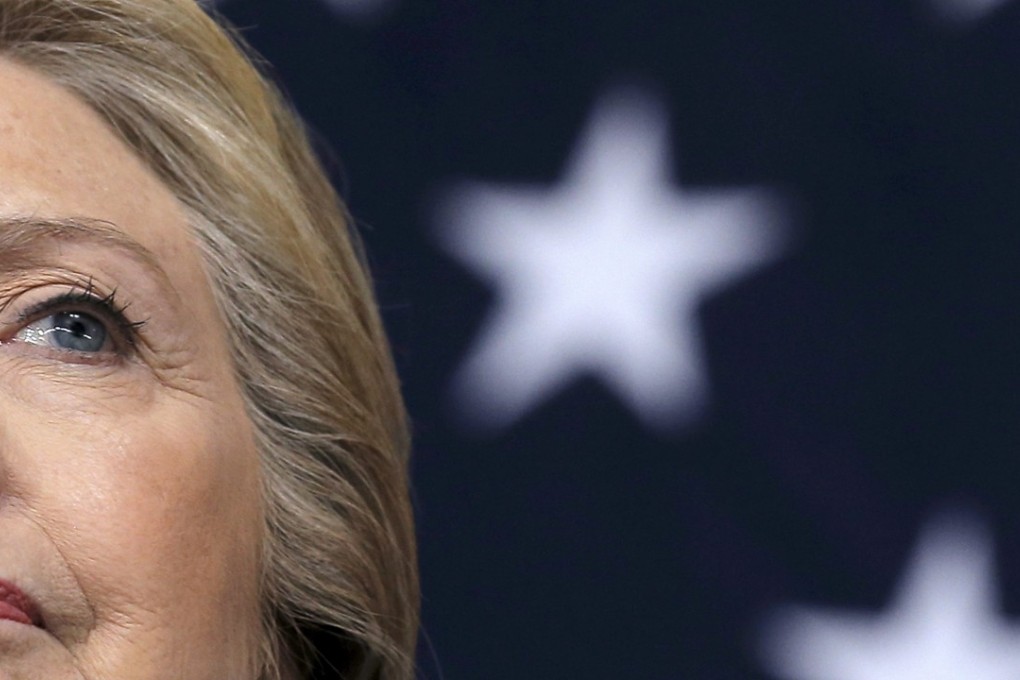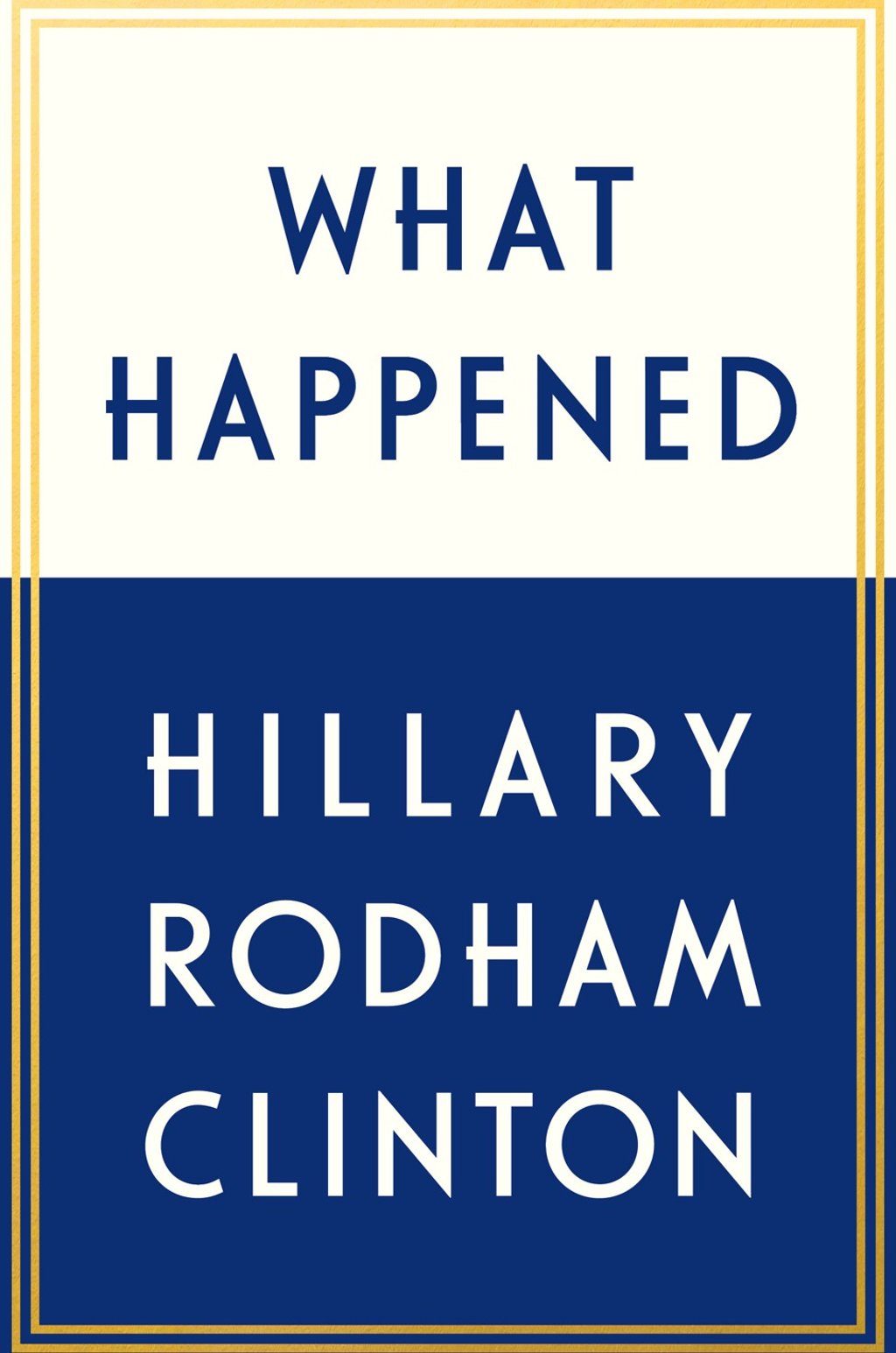Ten things we learned from Hillary Clinton’s book What Happened
From ‘big shot’ Donald Trump’s gaudy wedding to hopes for a universal income scheme, the defeated Democratic presidential candidate reveals what was on her mind before, during and after her punishing White House campaign

Be it her disgust with Trump and his divisive campaign, or lingering wounds from her bruising primary with Bernie Sanders, Clinton holds little back in the 469-page What Happened.
Here are 10 notable anecdotes from Clinton’s book that shed light on everything from her humorous interactions at Trump’s inauguration to what was running through her mind as the results poured in on election night.

As Trump sought the Republican nomination for president, a photo of the real estate mogul posing with the Clintons at his 2005 wedding to Melania Trump became infamous. Trump’s Republican opponents circulated the image to underscore his past donations to Democrats and his more liberal-leaning views.
In the early pages of the book, Clinton explains the photo and her previous rapport with Trump: “I had known Donald Trump for years, but never imagined he’d be standing on the steps of the Capitol taking the oath of office as president of the United States. He was a fixture on the New York scene when I was a Senator – like a lot of big-shot real estate guys in the city, only more flamboyant and self-promoting.
“In 2005, he invited us to his wedding to Melania in Palm Beach, Florida. We weren’t friends, so I assumed he wanted as much star power as he could get. Bill happened to be speaking in the area that weekend, so we decided to go. Why not? I thought it would be a fun, gaudy, over-the-top spectacle, and I was right. I attended the ceremony, then met Bill for the reception at Trump’s Mar-a-Lago estate. We had our photo taken with the bride and groom and left.”